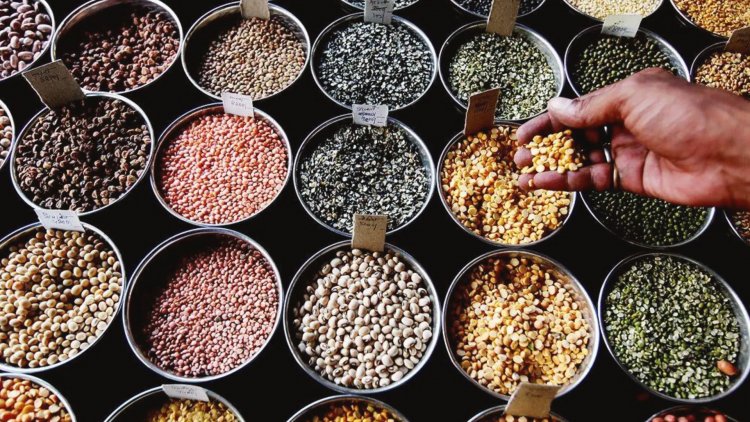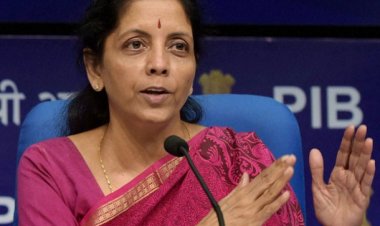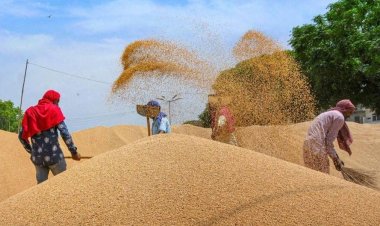Prices of essential food items, including sugar and edible oils, will remain stable during the festival season, according to Union Food Secretary Sanjeev Chopra.
"Prices are expected to remain stable during the festival season. We are not anticipating any manner of hike (in food item prices) in the festival season. Hopefully, prices should rule stable in the next couple of months," Chopra said while briefing the media on the domestic supply and prices of key essential food items like wheat, rice, sugar and edible oils.
The secretary said the government has taken some decisions recently to ensure price stabilisation. The government has recently used all tools at its command, whether trade policy, customs duty or stock limit. These tools have been used judiciously to ensure prices remain stable, he said,
He also clearly mentioned that the restrictions imposed on some commodities to keep prices under check will not be removed in the near future as the government continues to monitor the prices of essential commodities.
Several curbs imposed to check price rise include a ban on wheat export since May 22, an extension of export duty of 20 per cent on parboiled rice till March 2024, stock limits on pulses and an extension of sugar exports under the 'restricted' category beyond October 31.
In the case of sugar, consumption of which usually rises during the festival, the secretary said the country has enough stock to meet the domestic requirement, and the arrival of fresh sugar from next month should further reduce the rates. There was an opening stock of 57 lakh tonnes of sugar as of October 1, sufficient to meet the domestic requirement for two and a half months.
On sugar exports, Chopra said the decision on allowing exports during the current 2023-24 marketing year (Oct-Sept) will be taken after the agriculture ministry comes out with the production estimates of sugarcane.
Cane crushing in the new season 2023-24 that started this month has begun in some places, and the fresh sugar in the market will be available from next month, he said.
The secretary also said that Indian sugar is among the cheapest in the world, and about 2 per cent retail price inflation in one decade is less than the increase in the fair and remunerative price of sugarcane for farmers.
Currently, sugar prices in India are ruling at Rs 44 per kg, lower than Pakistan and the US (Rs 50/kg), Brazil (Rs 76/kg), Nepal (Rs 100/kg), Bangladesh (Rs 102/kg), China (104/kg), the UK (Rs 110/kg) and Sri Lanka (Rs 112/kg), according to the food ministry data shared in the press briefing. In the case of edible oils, retail prices of edible oils, barring groundnut oil, have shown a decline.
On rice, Chopra said its inflation has been at 11-12 per cent for the past about 3-4 months. "With new crops coming into the market, I anticipate there will be a sharp decline in prices," he added. He also shared that the government's effort to sell rice from the central pool to bulk users under the open market sale scheme (OMSS) to control prices has not been as effective as in the case of wheat.
Out of 25 lakh tonne, 97,000 tonnes of rice was sold under OMSS and "now, we don't expect much of the offtake as not much demand is seen with the harvesting of paddy has begun", the official said. On wheat, the secretary said the sale of 25.6 lakh tonnes of wheat under OMSS so far has led to an increase in the availability of the crop in the domestic market and also in moderating retail and wholesale prices in the country.
The retail inflation in wheat is about 3.6 per cent in one year, while the minimum support price of the grain has been increased by 5.46 per cent for rabi 2023, he said. There is enough stock of rice and wheat with the government to meet the domestic requirement and tackle the price rise, he added.




 Join the RuralVoice whatsapp group
Join the RuralVoice whatsapp group








































